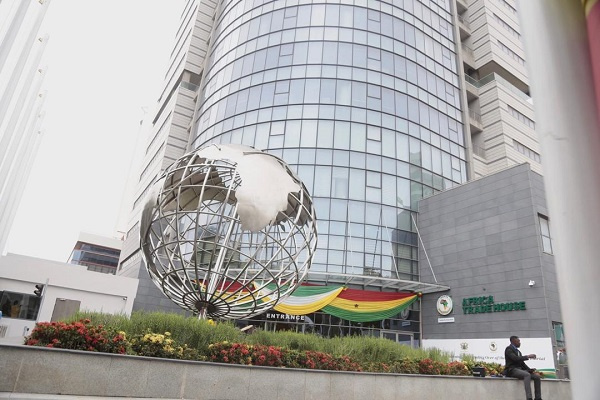Anti-apartheid activist Dr Neil Aggett did not committ suicide while in Security Branch custody but died at the hands of his captors, nearly 40 years ago.
This was the finding of the re-opened inquest into the death of Aggett, who was found hanged in his cell at the John Vorster Square police station in February 1992.
The inquest was re-opened in 2022 after Aggett’s family, supported by the Foundation for Human Rights, approached the court after years of battling to have his death investigated afresh by the state.
At the time of his death Aggett, a medical doctor, trade unionist and activist, had been in Security Branch detention for two months.
An inquest at the time found that Aggett had committed suicide and nobody was to blame for his death, a finding that the second inquest ruled to be a part of a cover up of his killing by members of the Security Branch.
Judge Motsamai Makume found that there was evidence implicating Lieutenant Steve Whitehead, who was responsible for Aggett’s interrogation, and other officers in his killing and its subsequent cover-up.
Whitehead and Major Arthur Cronwright had been responsible for the interrogation and torture of Aggett, who was assaulted and subjected to sleep deprivation, electrocution, waterboarding and beatings for several days. Both are now dead.
“It is my well considered view that Dr Neil Aggett did not commit suicide. He was killed by members of the security forces at the John Vorster jail. There is evidence implicating Lt Steve Whitehead in the killing, duly assisted by a police officer,” Makume ruled.
“This court finds as follows. The deceased is Dr Neil Aggett. Cause of death was hanging. The date of death, 5 February 1982. The death was brought about by the actions of members of the Security Branch.”
Makume said evidence had shown that Aggett was still alive, but possibly unconscious, and that he had not been physically capable of climbing the grille in the cell to hang himself after 62 hours of sleep deprivation, torture and interrogation.
There was “no way” Aggett could have managed to climb the grille in his “weakened state”, which had been worsened by electric shock torture at the hands of Whitehead and others.
The judge said only a single fingerprint of Aggett’s had been found on the bars, when he would have left palm and multiple fingerprints had he hoisted himself up them.
Aggett had, about 15 hours before his death, laid an assault charge against Whitehead.
The court found that Whitehead had been “enraged” and “frustrated’’ by this, because of the potential damage a conviction could do to his career — and by the fact that despite 62 hours of torture and sleep deprivation, Aggett had given up no information about underground activities.
Makume said the original inquest magistrate, Pieter Kotze, had blindly accepted the version of the Security Branch that Aggett committed suicide and had rejected evidence from other activists detained along with him that they had been tortured and assaulted.
Kotze had repeatedly “misdirected himself” by curtailing — and disregarding — the evidence of detainees and was “biased from the onset”, seeking only to find reasons which Aggett would have hung himself and not the truth.
The judge said there had been a “general pattern for the police to tourture detainees to the point of death” and cover up their killing, if they went too far.
This was the case with Aggett, whose murder was covered up with assistance “from the top” and with the assistance of the court.
Note: This article have been indexed to our site. We do not claim legitimacy, ownership or copyright of any of the content above. To see the article at original source Click Here













